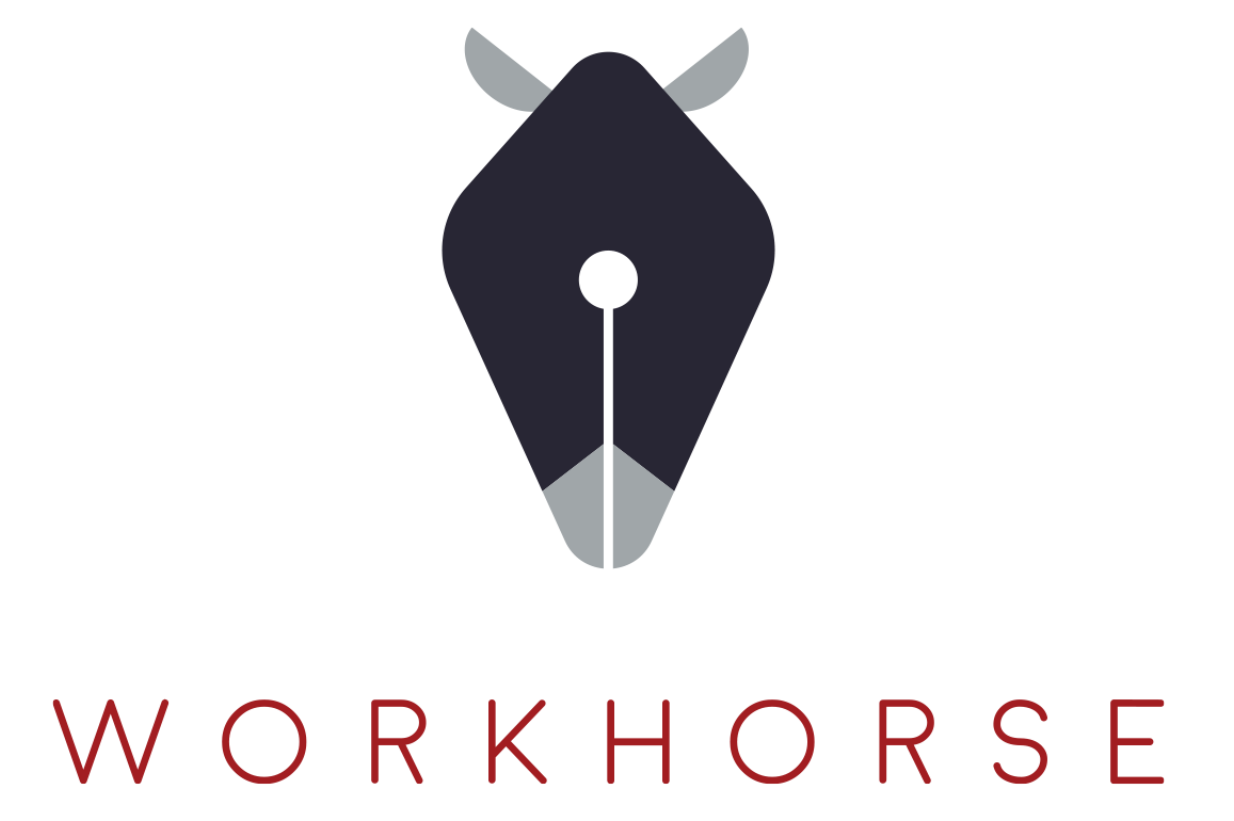“Honesty and a lack of pretension. An emotional connection.”
New Lovers
I’m getting around
keeping my own hours, leaving
lights on to see, touching,
feeling in new ways
I like it.
Last year I went to bed with a painter
and poet from India who
begin English at five years old
short deft brushes
long tantric whispers
dissolved my confines of love
redrew a fiery
panorama
Last month I went to bed with one of six
siblings fluent in Spanish three
ex-wives too many
blood
too much blood
I couldn’t even finish
Last week I went to bed with the son
of a holocaust survivor
where no amount of stroking
could silence shrieks
or release pent up
horrors of power taking
and taking and
taking
Last night I went to bed with a black man
who wrote a letter for his son
to own his own body
I quivered at invented disparity
my vanilla privileged
skin to his chocolate
appropriated
flesh
My lovers vary from hard to soft
back, none needing
a pillow or some tongue
Bembo, Bulmer
Times New Roman, Eurostile Black
taking turns occupying
your side of the bed
_______________________________________________________________________________
Susan Stephens is a paradox as a Nationally Certified ASL Interpreter for the Deaf with a BA in music. Living in two worlds has aided her sprouting writing career via connection seeking. Creating justice, joy, compassion, and peace is her daily endeavor. She is known for hiding bizarre items in homes when visiting, and trying any food labeled “new” or “limited time.” Susan lives in Richmond, KY with her family.





